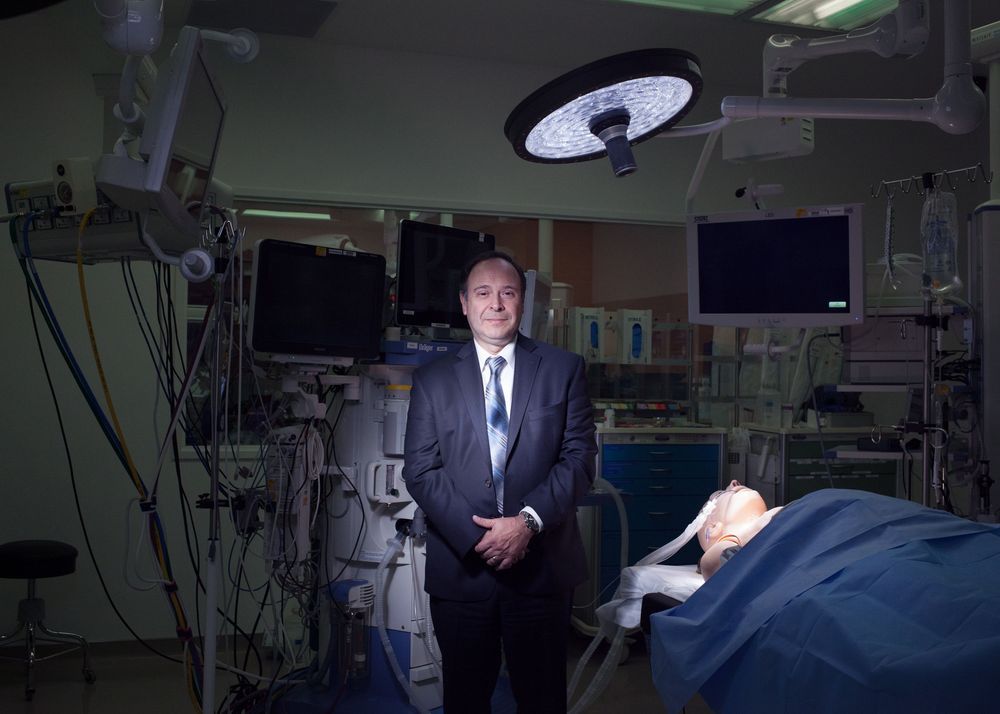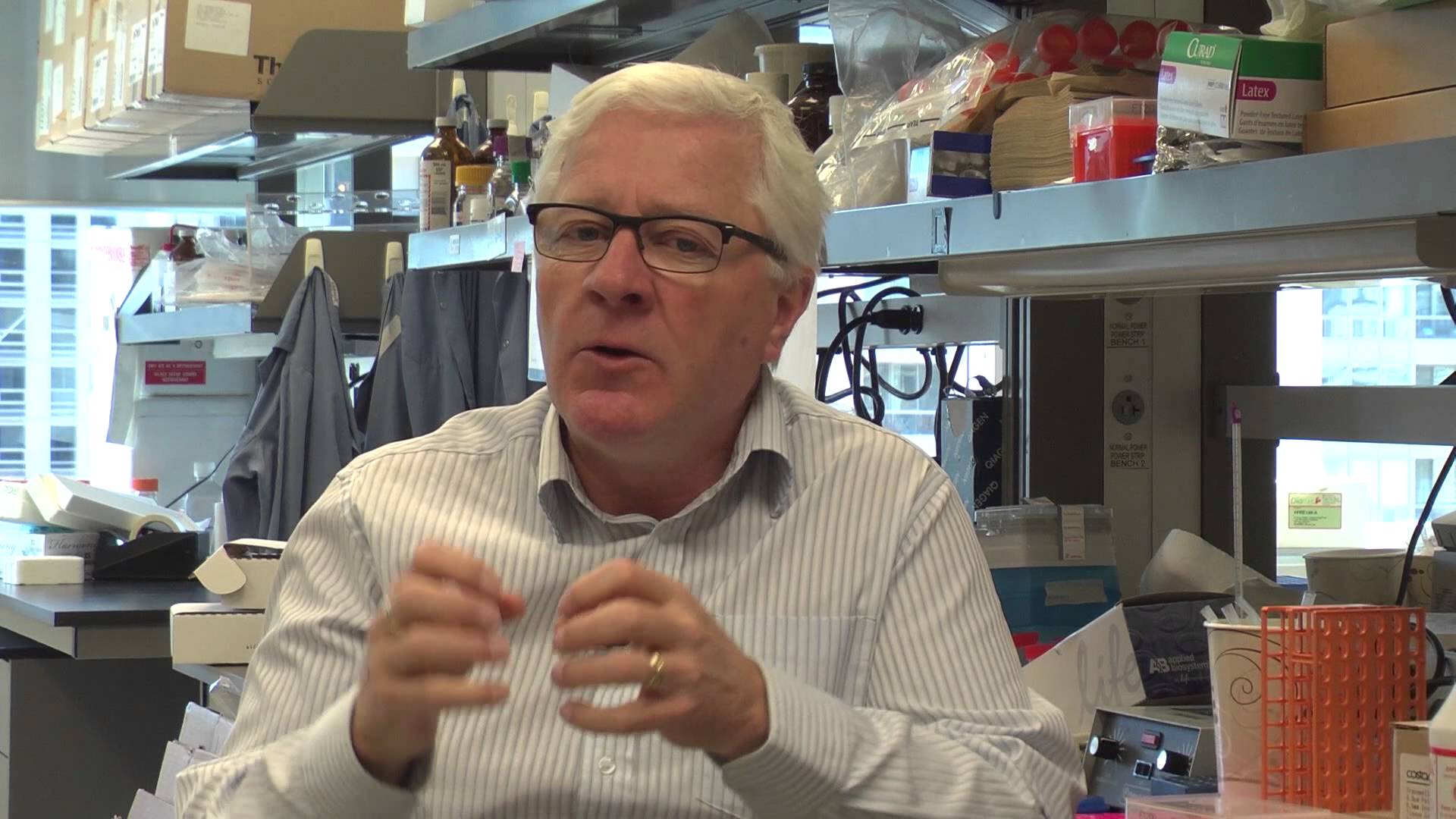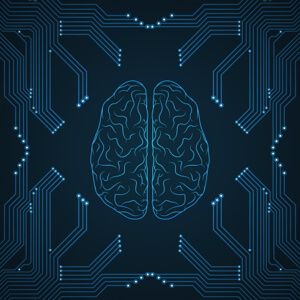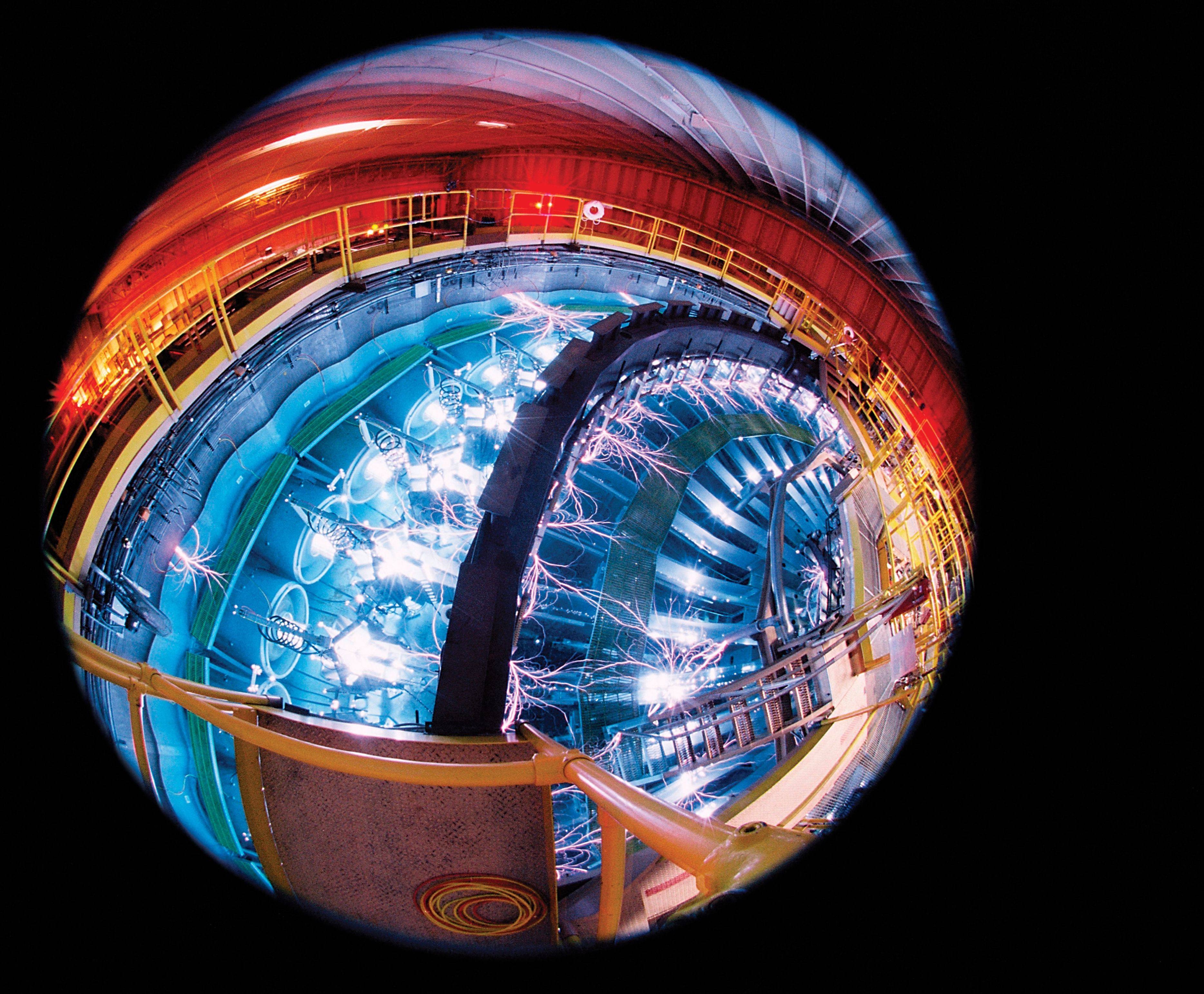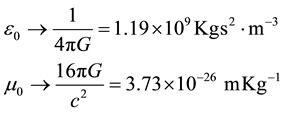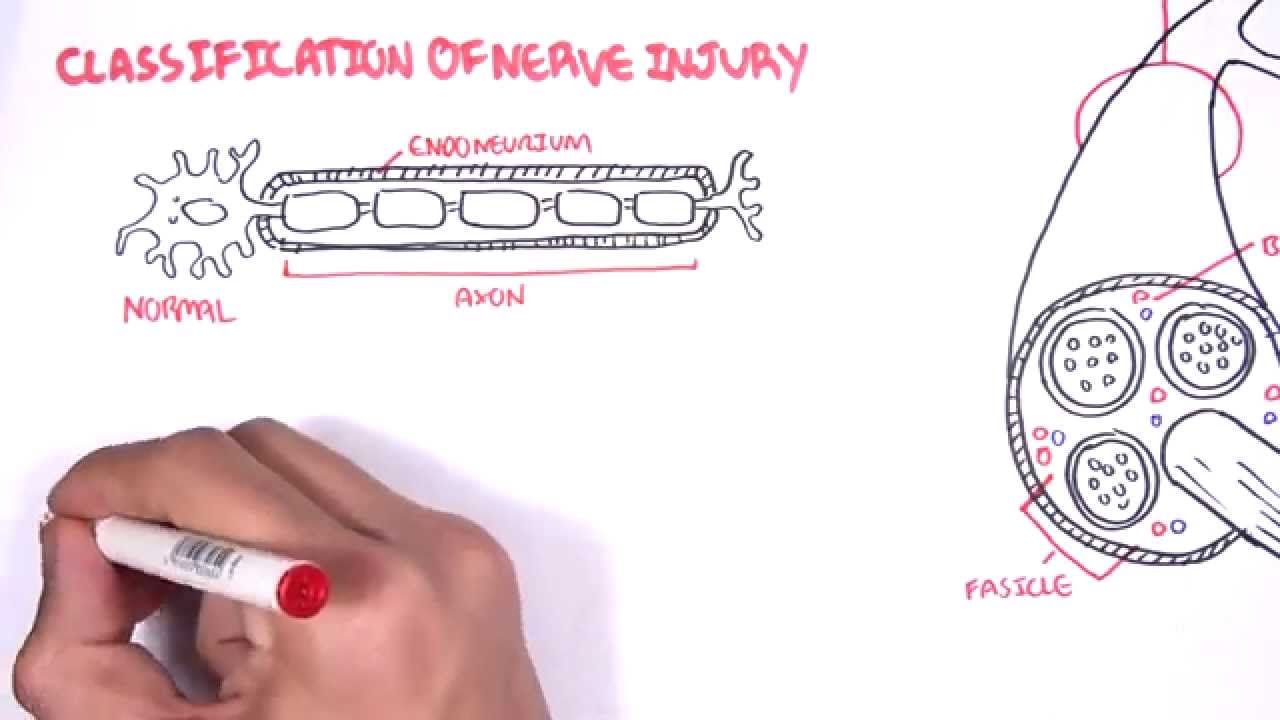Nov 9, 2015
Inside the 50-year-quest to build a mechanical heart
Posted by Shailesh Prasad in categories: biotech/medical, neuroscience
Steve Williams couldn’t breathe. The former athlete had cardiomyopathy, which occasionally choked his lungs with fluid, making him gasp for air. But this felt different; Williams felt like he was dying. He was raced to an Orange County hospital, and shortly after checking in, his heart stopped. For 30 minutes, ER workers compressed his chest in an attempt to revive him. At one point, his wife Mary remembers being called into his room to say goodbye to her husband of 24 years. It seemed Williams was a dead man.
Incredibly, doctors rebooted Williams’ heart — but for three days, he was in an induced coma, his body packed in ice to minimize brain damage. When he woke up, his mental facilities were intact, but his body was ravaged. His liver was congested, fluid reappeared in his lungs, and his heart’s right and left ventricles were practically destroyed, making it hard for blood to circulate throughout his body. Without a heart transplant, he would soon die.
